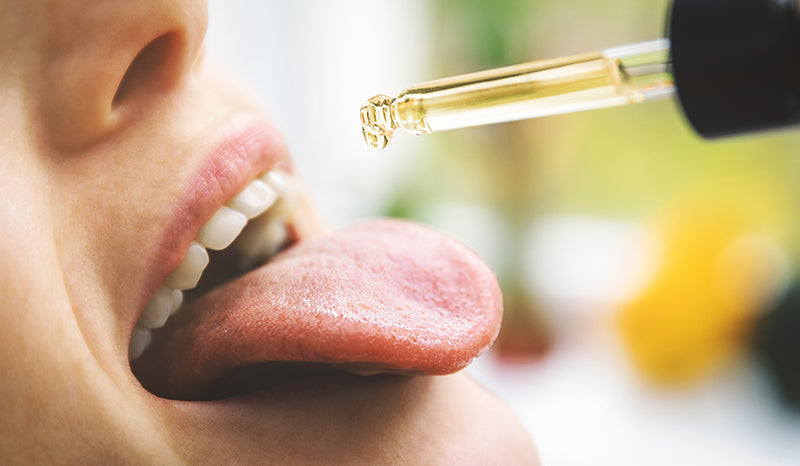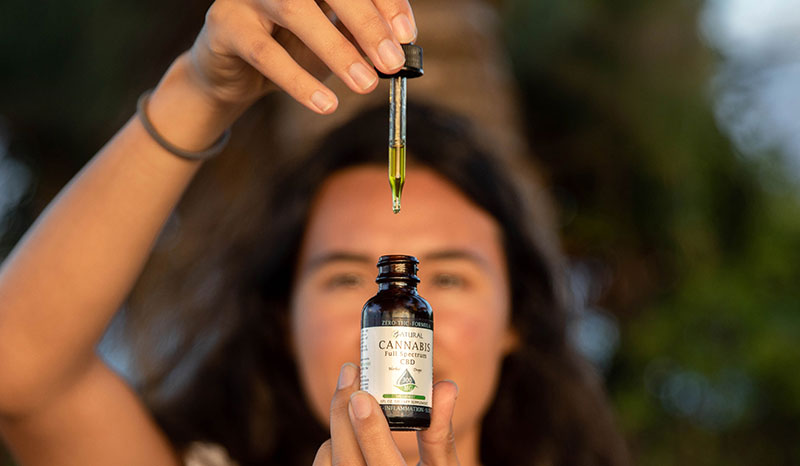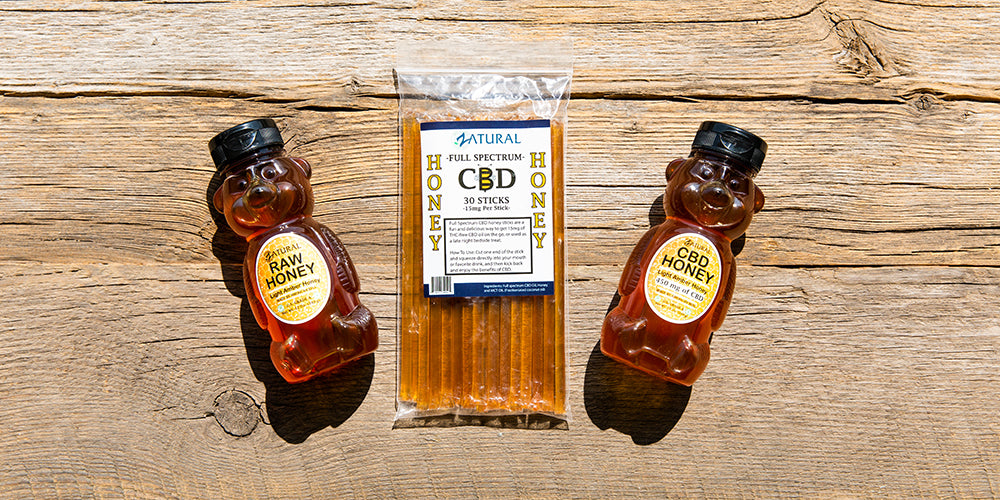Since hemp-based CBD products are now considered Federally legal in all US states, more and more people like you want to jump on the bandwagon.
Solid research on CBD’s potential benefits is still underway, making it hard to determine if it can truly give you the relief you need. For now, all you can do is ask the right questions.
That’s why in this article, we at Zatural have compiled CBD frequently asked questions from both our customers and the World Wide Web so that you can weigh the pros and cons yourself and — with the help of a certified healthcare provider — decide on the best path forward.
So, without further ado, here are 10 of the most frequently asked questions about CBD!
Hemp and CBD Oil FAQ: Answers to Your Most Common Questions
Curious about CBD oil, hemp, and how they fit into the wellness world? You’re not alone. As CBD products become more common across the United States, many people are asking the same questions about safety, legality, and how it all works.
This CBD Oil FAQ covers the most frequently asked questions about CBD and hemp, combining verified facts with practical guidance. Whether you’re exploring your first bottle of CBD oil or brushing up on hemp-related science, this guide will help you feel confident, informed, and ready to choose the right product for your needs.
1. What Is Cannabidiol (CBD)?
Cannabidiol (CBD) is one of over 100 natural compounds found in the cannabis sativa plant. Unlike tetrahydrocannabinol (THC), the compound responsible for psychoactive effects, CBD does not make you feel “high.”
Most CBD products in the United States are derived from hemp, a specific type of cannabis plant legally defined as containing less than 0.3% THC by dry weight. CBD interacts with the body’s endocannabinoid system (ECS) to help support balance, calm, and overall wellness without altering your mind.
2. Will CBD Make Me High?
No, CBD won’t cause a high or intoxicated feeling. Hemp-based CBD products are designed to stay within the federal THC limit of 0.3%, ensuring that users can enjoy the effects of CBD without the mind-altering side effects of THC.

If you’re particularly sensitive to THC or want to avoid it completely, look for broad-spectrum CBD or CBD isolate products. These offer the benefits of CBD and other natural hemp compounds while eliminating THC entirely.
3. What’s the Difference Between Hemp and Marijuana?
Both hemp and marijuana come from the same cannabis sativa plant, but they serve different purposes and are legally treated very differently.
- Hemp plants are cultivated for their fiber, seeds, and CBD-rich extract. They naturally contain minimal THC.
- Marijuana plants are bred for higher THC levels and are used for medical or recreational cannabis products.
Under the 2018 Farm Bill, hemp was removed from the Controlled Substances Act, making hemp-derived CBD legal at the federal level as long as it stays below the 0.3% THC threshold. Marijuana, however, remains regulated by individual states.
4. Hemp Oil vs. CBD Oil - What’s the Difference?
This is one of the most frequently asked questions about hemp and CBD. Although the terms are often used interchangeably, hemp oil and CBD oil are not the same.
- CBD oil is extracted from the flowers, leaves, and stalks of the hemp plant the areas rich in cannabinoids, terpenes, and flavonoids. These compounds interact with your ECS to promote balance, focus, and relaxation.
- Hemp seed oil, by contrast, comes from the seeds. It contains little to no CBD but is packed with nutrients like omega fatty acids and vitamin E, making it a great dietary or skincare oil.
When comparing products, check the product label carefully. Look for “hemp extract” or “cannabidiol (CBD)” to confirm you’re purchasing an actual CBD product.
5. Is CBD Oil Legal in All States?
CBD’s legal status depends on both federal and state laws. At the federal level, hemp-derived CBD containing less than 0.3% THC is legal under the 2018 Farm Bill. However, some states enforce additional restrictions, such as banning CBD in food or beverages or requiring products with zero THC.
Because CBD laws vary, always check your local and state regulations before purchasing or traveling with CBD products. Legitimate brands, including Zatural, provide Certificates of Analysis (COAs) confirming that their CBD is safe, compliant, and derived from hemp grown in the U.S.
6. Does the Food and Drug Administration (FDA) Regulate CBD?
Currently, the Food and Drug Administration (FDA) has approved only one CBD-based prescription drug, Epidiolex, used to treat severe seizure conditions like Lennox-Gastaut syndrome and Dravet syndrome.
All other CBD oils, gummies, and topicals are sold as dietary supplements, meaning they aren’t FDA-approved. However, that doesn’t mean they’re unsafe it simply means they must rely on third-party testing for verification.

At Zatural, every CBD product is tested by independent labs to confirm cannabinoid levels, purity, and the absence of contaminants like pesticides, solvents, or heavy metals.
7. What Are the Benefits of CBD?
Studies are still ongoing, but cannabidiol (CBD) appears to support the endocannabinoid system the body’s natural network for regulating mood, sleep, stress, and recovery.
Users report benefits such as:
- Calmer mood and less stress
- Improved sleep quality
- Relief from daily discomfort
- Healthier skin and joints
CBD doesn’t act as a cure-all, but many people find that consistent use enhances overall balance and well-being.
8. What Are the Side Effects of CBD?
CBD is considered safe and effective for most adults, though mild side effects can occur. Some users experience:
- Drowsiness or fatigue
- Dry mouth
- Digestive upset
- Changes in appetite
Because CBD interacts with the endocannabinoid system, it may also affect how the body processes certain medications. Always consult a healthcare provider before adding CBD, especially if you’re taking prescription drugs or have existing health conditions.
Choosing third-party tested CBD products derived from hemp helps reduce risks and ensures you’re consuming a clean, accurate dose.
9. How Much CBD Should I Take?
This question comes up in almost every FAQ about CBD. The right amount varies depending on your body weight, metabolism, and desired effects.
A smart approach is to start low and gradually increase. Begin with about 10–20 mg per day and slowly raise your dose until you find what feels best. Oils and tinctures work quickly, while CBD gummies and capsules offer slower, longer-lasting results.
For precise guidance, use Zatural’s CBD Dosage Calculator a helpful tool based on CBD dosage by weight and product strength.
10. How Can I Tell if a CBD Product Is Safe and Effective?
When shopping for CBD oil, safety and transparency are key. Here’s what to look for:
- Third-party testing: Reputable brands provide lab reports verifying cannabinoid content and purity.
- COA availability: A Certificate of Analysis confirms that a CBD product meets safety and potency standards.
- Organic sourcing: Hemp grown in the U.S. ensures strict agricultural standards and consistent quality.
- Clear labeling: Every bottle should list CBD content per serving, THC levels, and the type of extract (full-spectrum, broad-spectrum, or isolate).
Avoid products with no testing data or exaggerated medical claims. Think of a COA as your CBD’s report card it’s proof that your product is clean, legal, and trustworthy.
Sum It Up: Hemp and CBD - Your Top Questions Answered
This CBD Oil FAQ highlights what consumers should know about hemp, legality, and safety. Thanks to the 2018 Farm Bill, hemp-derived CBD with compliant amounts of THC is legal at the federal level across the United States.
However, not all products are created equal. Always verify third-party testing, COA results, and FDA compliance before you buy.
At Zatural, our doctor-formulated, full-spectrum CBD products are made from organic hemp, tested for quality, and backed by a satisfaction guarantee. Whether you’re new to CBD or refining your wellness plan, we’re here to help you experience the safe and effective benefits of hemp-derived CBD.
Zatural CBD Products
For educational purposes only FDA DISCLAIMER
*FDA DISCLAIMER -These statements have not been evaluated by the FDA.




